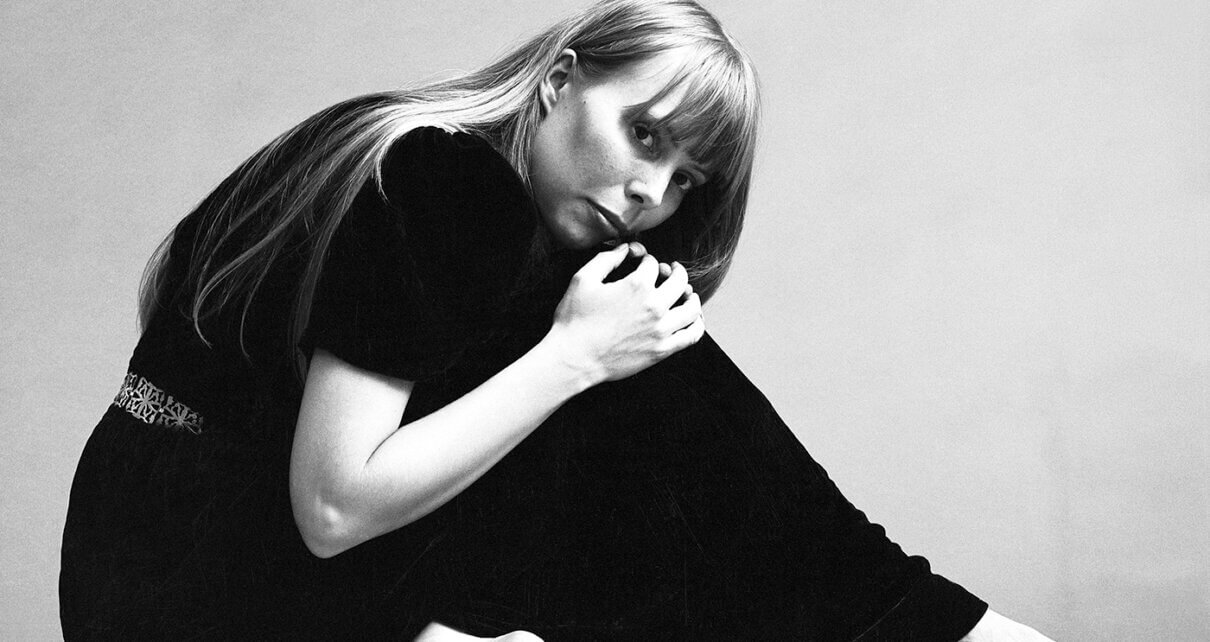On Mar. 21, 2024, Joni Mitchell returned to Spotify after having her music off the platform for over two years. Mitchell’s return to the streaming site was unannounced, but it didn’t take long for her fans to notice that both her most recent and live albums were available for streaming. The next day, her entire catalog was back on the platform, ready for fans to enjoy.
Mitchell took down her music in Jan. of 2022 due to Spotify’s support of Joe Rogan and his podcast. At the time, Spotify was the only streaming platform holding his podcast, and on the show, Rogan spread misinformation regarding vaccines and the Covid-19 pandemic. The news first upset Neil Young, who then decided to take his music off the platform in protest. Mitchell decided to follow suit as both Young and Mitchell had polio at a young age and advocated for the necessity of vaccines. Now, two years later, the Rogan podcast is available to stream on other platforms, prompting the return of Young on the site, and not long after, Mitchell followed.
So in celebration of Mitchell’s return, I compiled a list of ten of her best songs that define her music. As an artist who has explored various genres such as folk, jazz, pop, and rock, it is tough to categorize her. Hopefully, these ten tracks will help you love Mitchell as much as I do, although it’s probably impossible.
“Both Sides Now”
“Clouds” (1969)
At age 21, Mitchell wrote “Both Sides Now,” a song exploring the ups and downs of life. A young, naïve Mitchell thought at her young age that she knew what both sides of life felt like. The closing track of her second album resonates with millions around the globe. The reassurance that Mitchell has felt the same experiences as her audience allows her to build connections with them that many other artists cannot do.
“Case of You”
“Both Sides Now” (2000)
Mitchell’s re-recording of her 1971 hit, “Case of You” is a track consisting of complete vulnerability. While the original version performs with an out-of-tune guitar, the 2000 version is assisted by violins and flutes, creating a melancholy atmosphere to match the lyrics. “Case of You” is one of the best heartbreak songs of all time and ranks high on many music critics lists for the topic.
“Chinese Cafe/ Unchained Melody”
“Wild Things Run Fast” (1982)
“Chinese Cafe/ Unchained Melody” gives listeners a taste of Mitchell’s musical shift as she entered the 80s. Still sticking to her signature powerful lyrics, Mitchell’s music turns more instrumental-focused compared to her music in the 60s and 70s.
“Fiddle and the Drum”
“Clouds” (1969)
A track without any instrumentals, “Fiddle and the Drum” demonstrates Mitchell’s powerful voice. It echoes in the empty track, creating a haunting listening experience as Mitchell sings about the horrors of war. In a counter-culture song about the Vietnam War, Mitchell wants listeners to focus on the message that she is trying to tell: “And so we ask you please, can we help you find the peace?”
“Woodstock”
“Ladies of the Canyon” (1970)
Originally popularized by Crosby, Stills, Nash, and Young, Mitchell wrote this song in 1970 when she was dating member Graham Nash. Mitchell did not attend the Woodstock Music Festival in 1969, but she did hear stories from Nash about the three-day event. These stories moved her so much that she wrote this track to capture the beauty of the event while not even being in attendance.
“Harry’s House/Centerpiece”
“The Hissing of Summer Lawns” (1975)
The track that inspired the name of Harry Styles’ most recent album, “Harry’s House,” “Harry’s House/Centerpiece” is one of Mitchell’s best jazz tracks, including instruments such as horns, drums, and pianos. The instrumentals create an uplifting mood while Mitchell sings of the need for materialistic happiness in a failing marriage.
“Blue”
“Blue” (1971)
In the title track of her most iconic and important album, Mitchell sings about depression and sadness during the most trying time of her life. Mitchell’s frail voice is paired solely with a piano. “Blue” sets up the theme for the whole album, one that I believe everybody should listen to in its entirety at least once in their life. When discussing the album in 1979 with Rolling Stone, Mitchell explained, “There’s hardly a dishonest note in the vocals. At that period of my life, I had no personal defenses. I felt like a cellophane wrapper on a pack of cigarettes.”
“Blue Motel Room”
“Hierja” (1976)
In one of my favorite songs in Mitchell’s catalog, she creates an image of her waiting in a motel room for a lover who she knows isn’t good for her, but she can’t help but crave their company. She urges her lover, “Tell those girls that you’ve got Joni, she’s coming back home.” In another song depicting transparency and the “blue” emotions, Mitchell’s lyricism creates perfect visuals in the listener’s head, placing them alongside her in the motel room on a rainy, Savannah night.
“Big Yellow Taxi”
“Ladies of the Canyon” (1970)
Being Mitchell’s biggest hit, “Big Yellow Taxi” is one of Mitchell’s most uplifting songs about a topic that is the opposite of that. She comments on environmental justice and the gentrification that is happening in modern society. Mitchell comments on political topics in a way that is digestible for the average listener, teaching them about these horrors in a catchy, upbeat melody.
“Both Sides Now”
“Both Sides Now” (2000)
The album cover for the 1969 version of this track contains a self-portrait of Mitchell at age 21. She uses bright yellows and oranges and depicts herself holding a bold red flower. Now, for the 2000 album “Both Sides Now,” Mitchell is 31 years older. She is now sitting at a bar, with a cigarette in hand and a drink in front of her. The colors are darker, and the years of smoking cigarettes have affected Mitchell’s face, as well as her voice. Mitchell sings this song now having truly experienced life from both sides. Mitchell’s authenticity with her audience has not faded over time and she accurately portrays the emotions that coincide with growing up.




